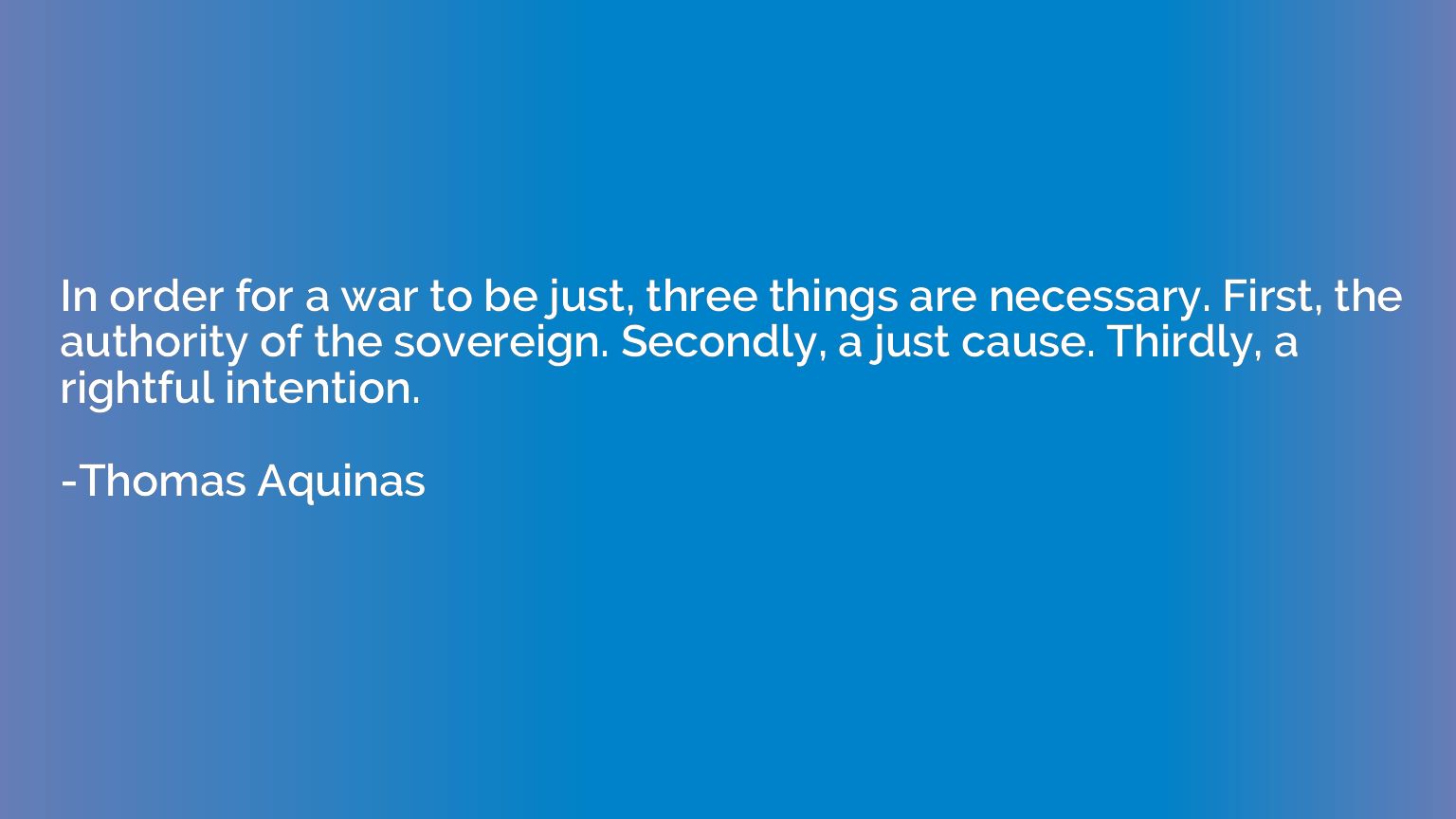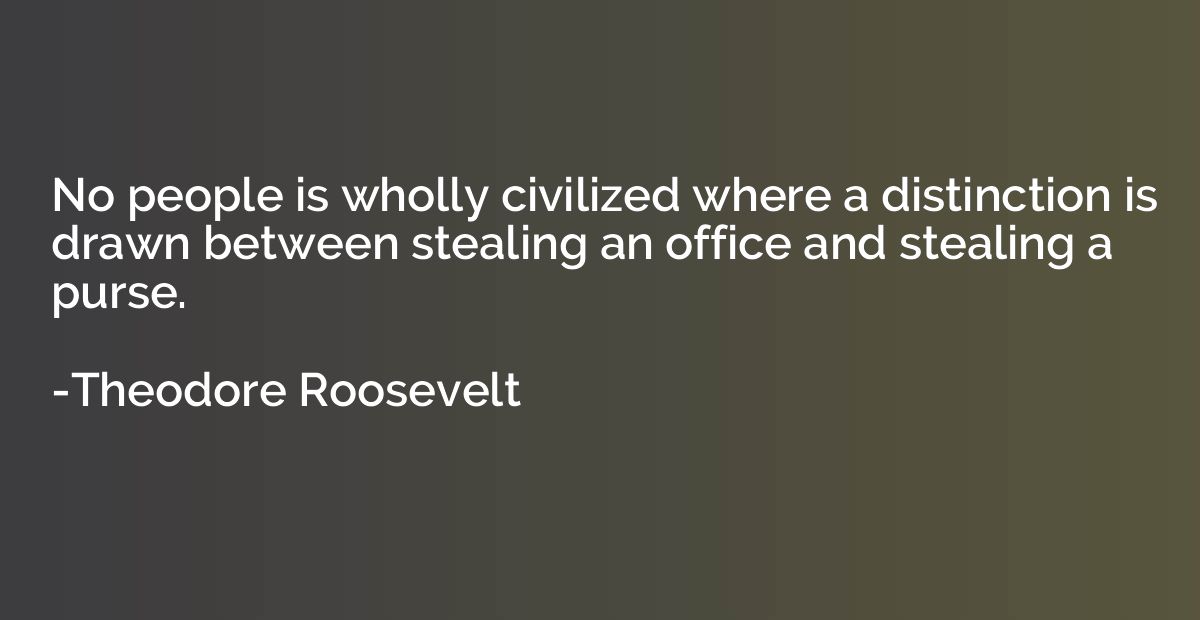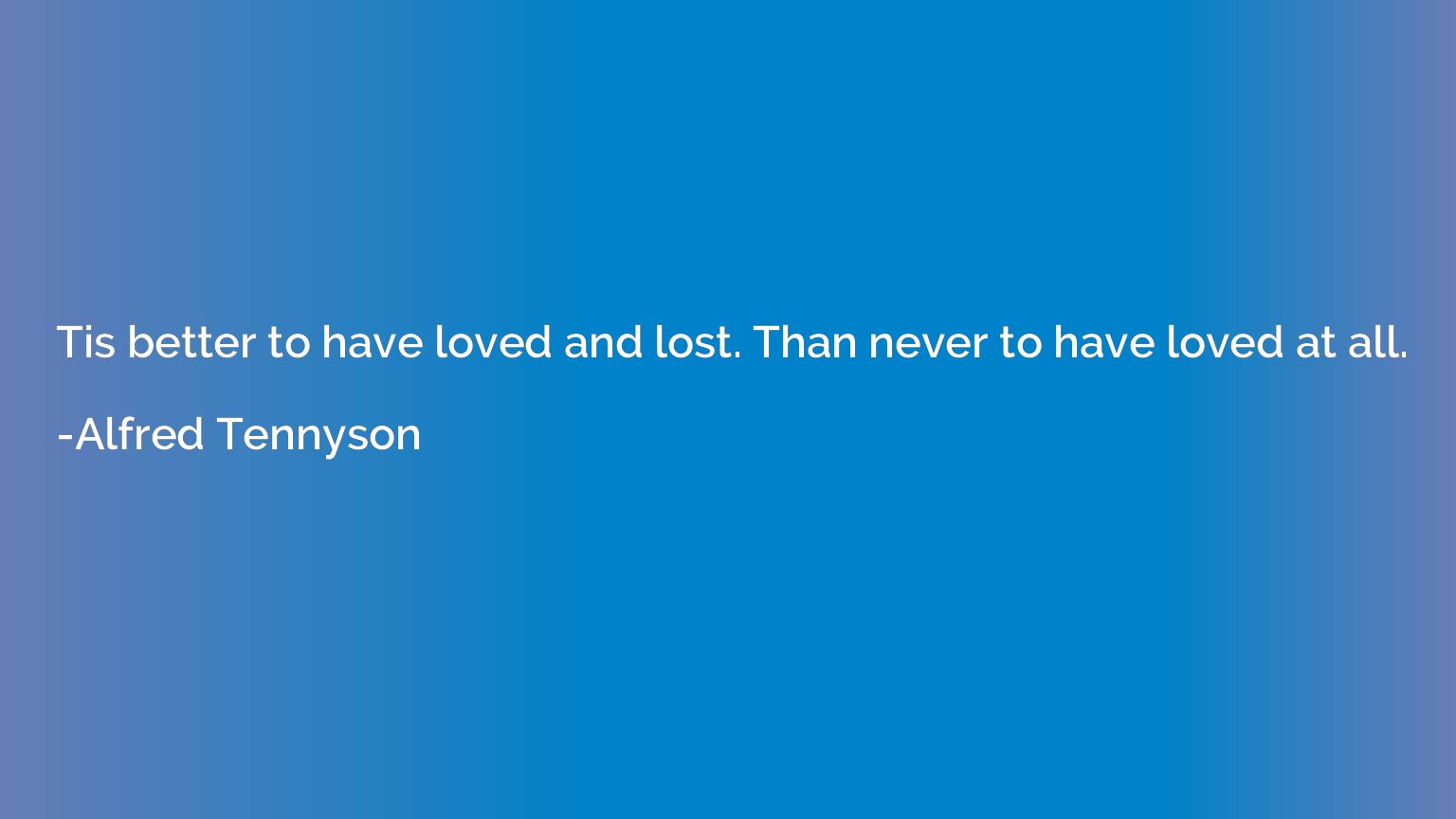Summary
This quote emphasizes the importance of prioritizing our own happiness. It suggests that often we fail to recognize the duty or responsibility we have toward our own well-being. Society tends to undervalue the significance of being happy, while we may also overlook this duty ourselves. It serves as a reminder that taking care of our own happiness is not a luxury but an essential commitment we owe ourselves. By acknowledging this duty, we can actively work towards cultivating happiness in our lives and find a greater sense of fulfillment.















